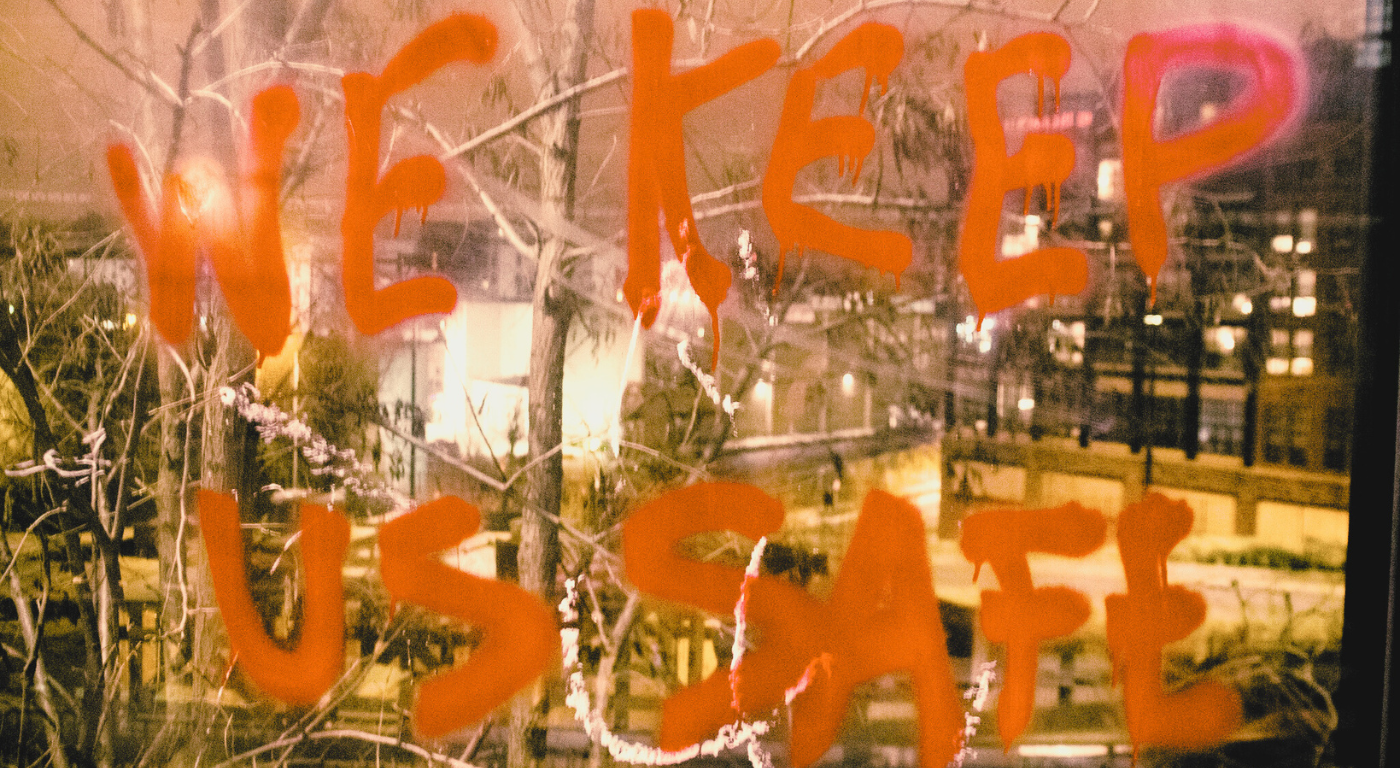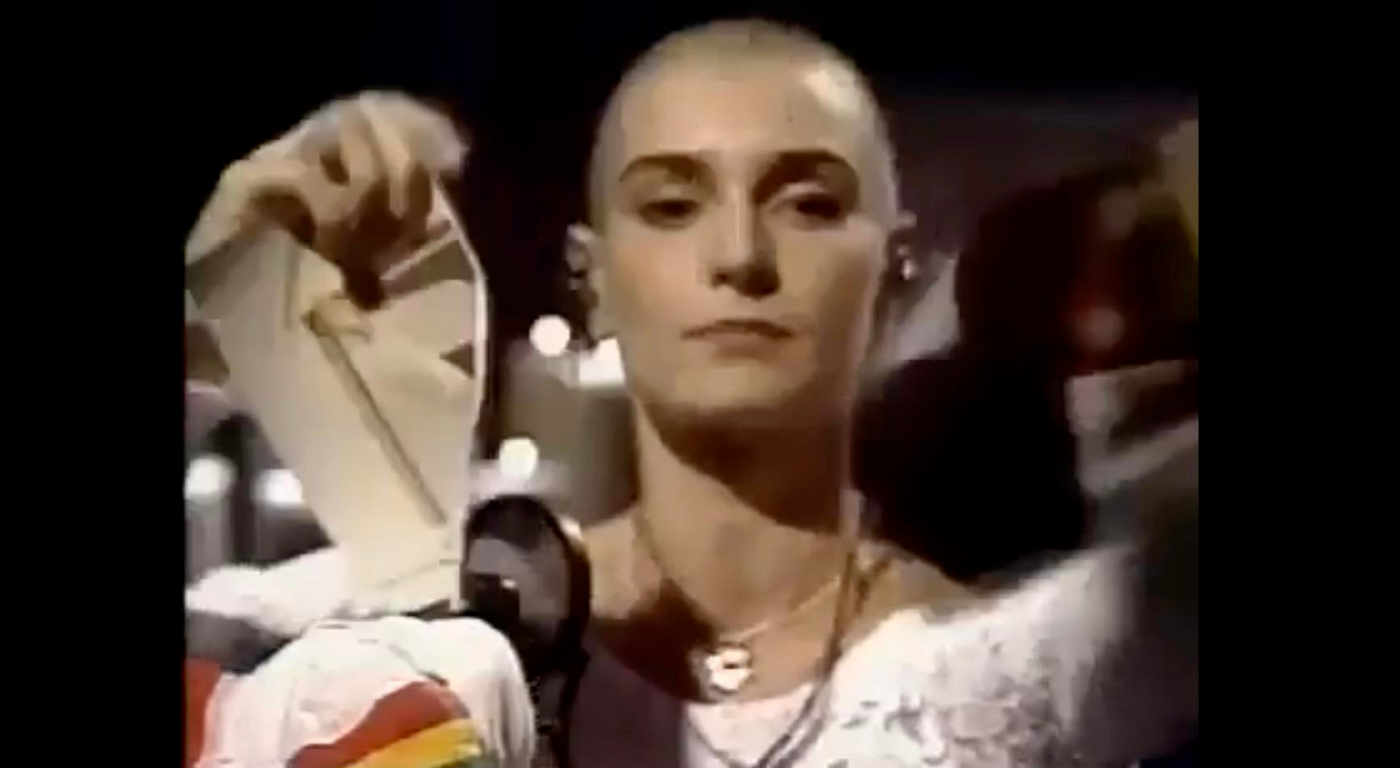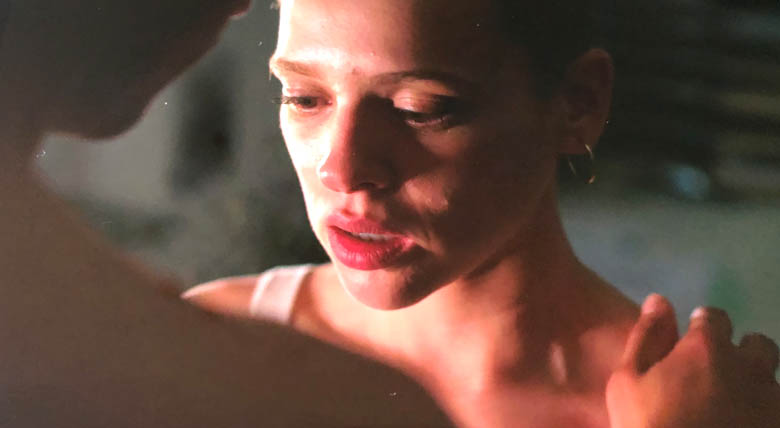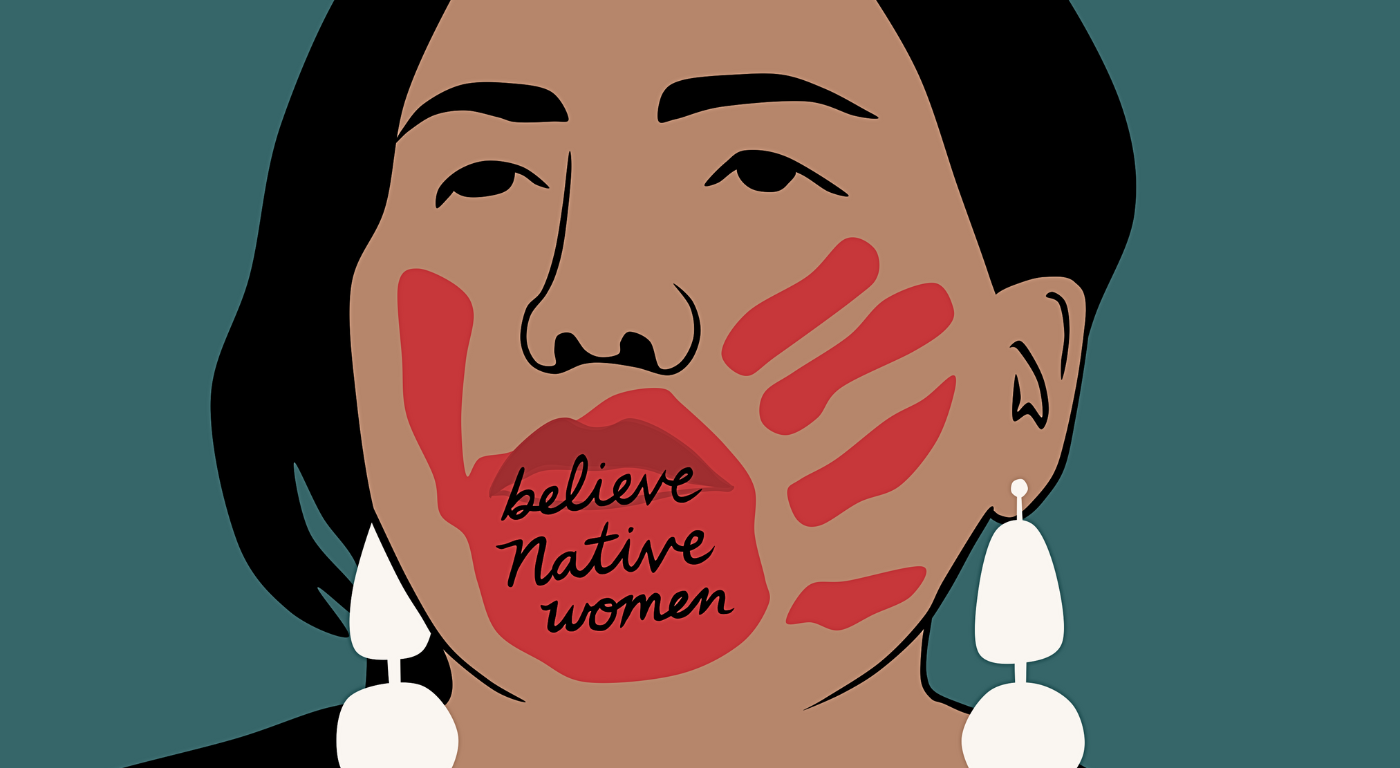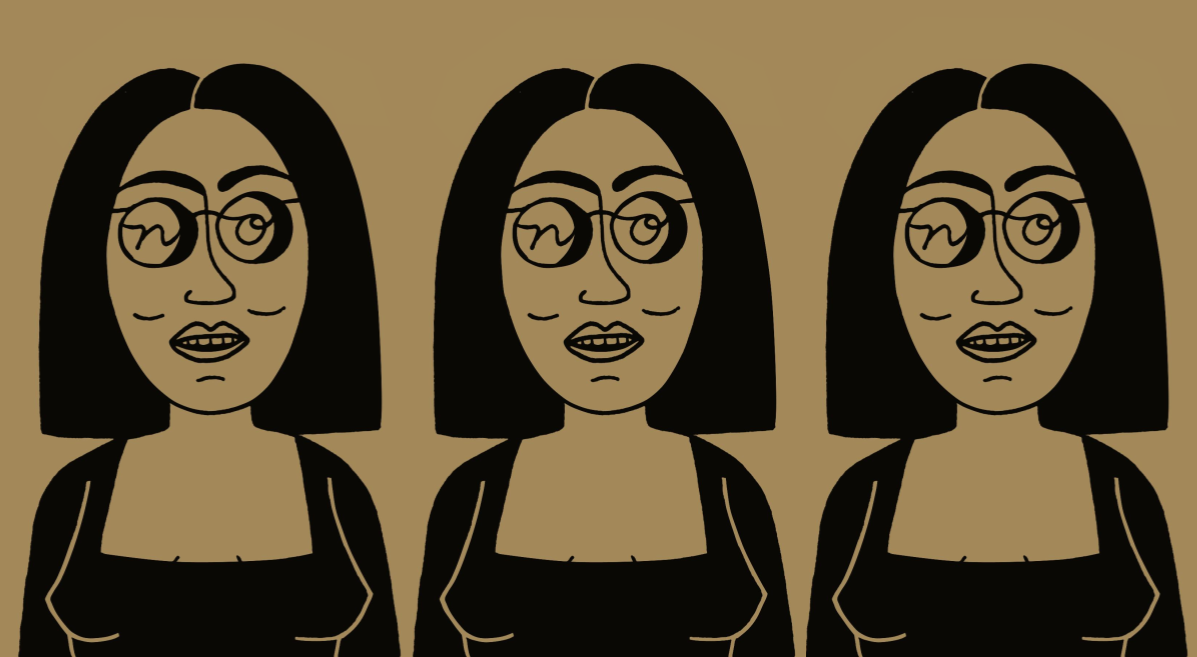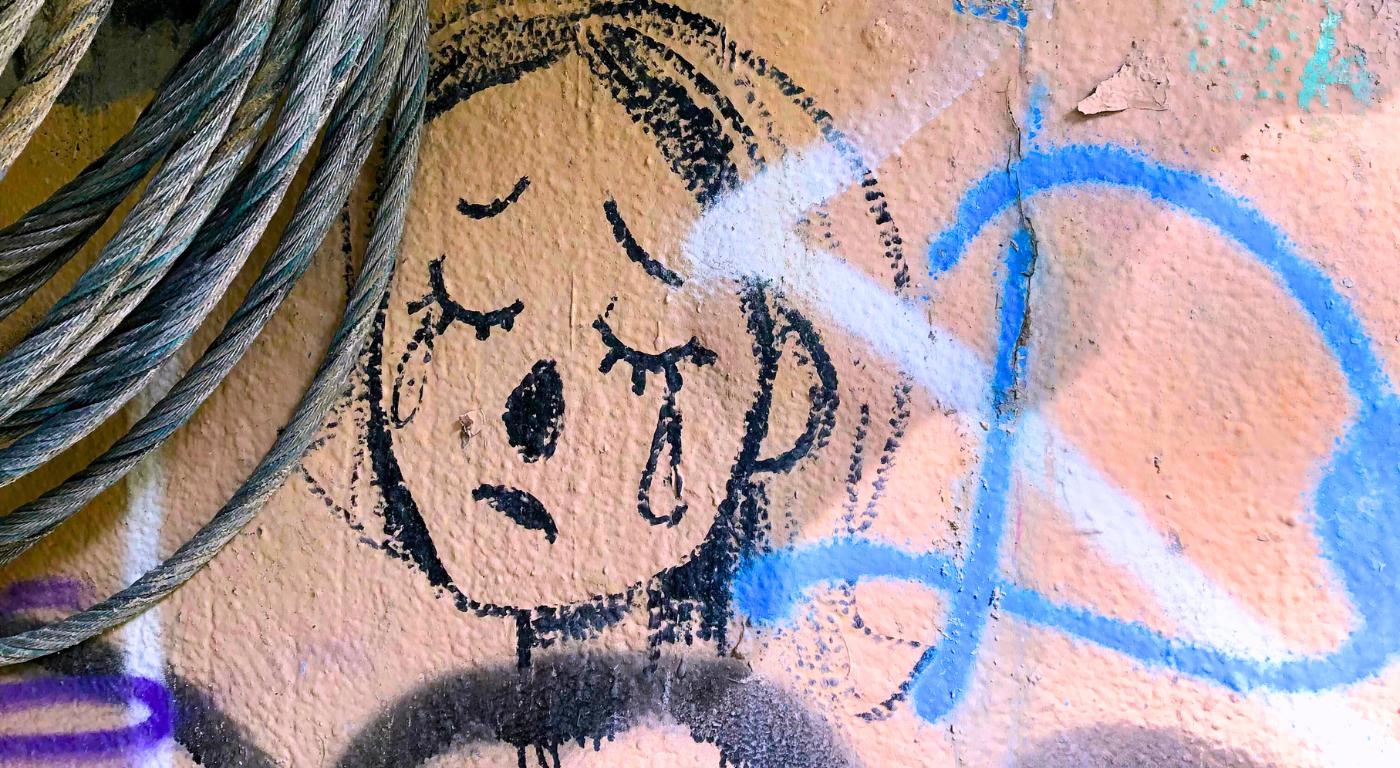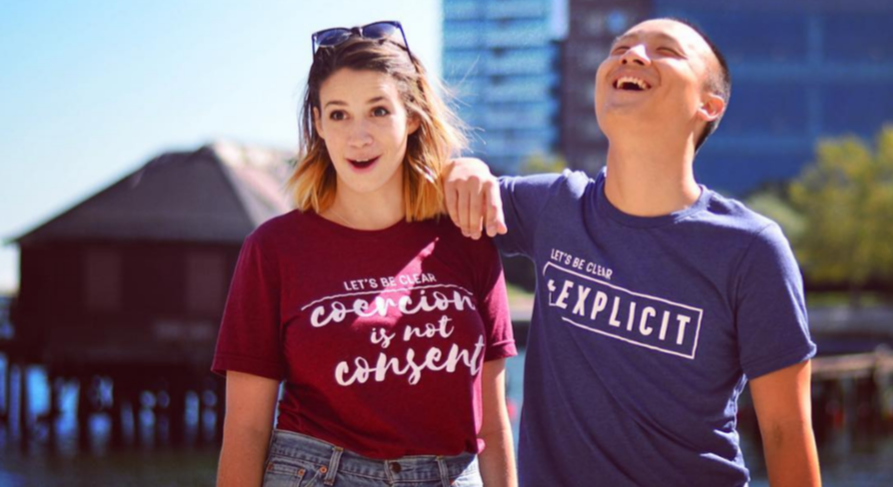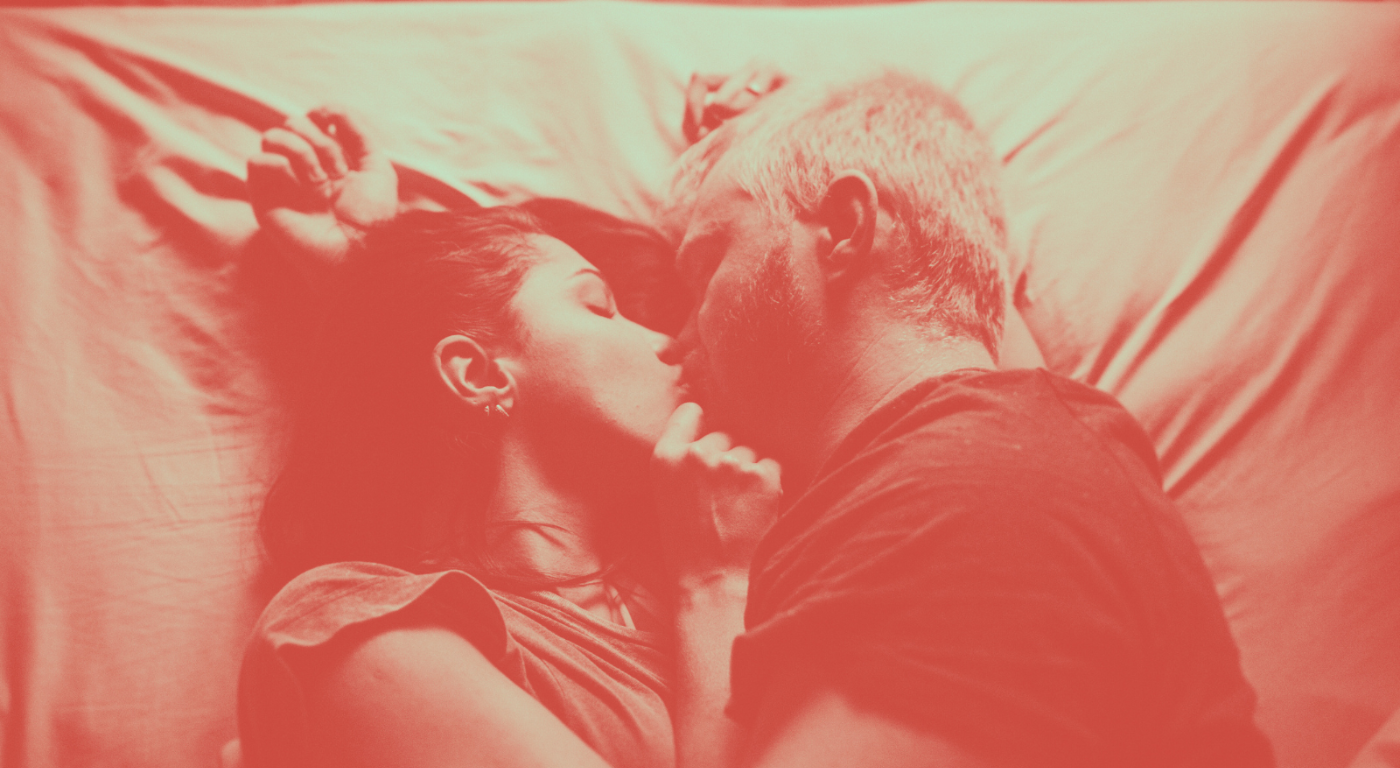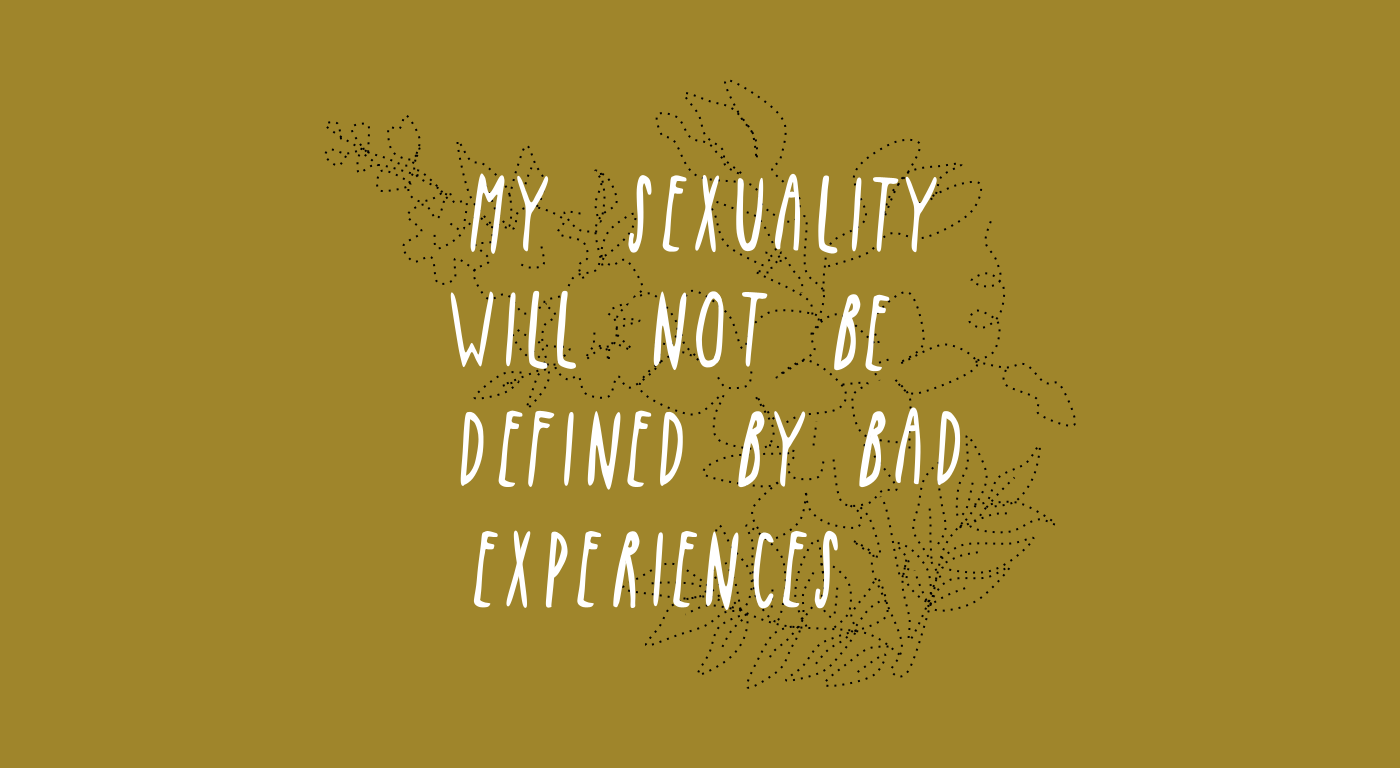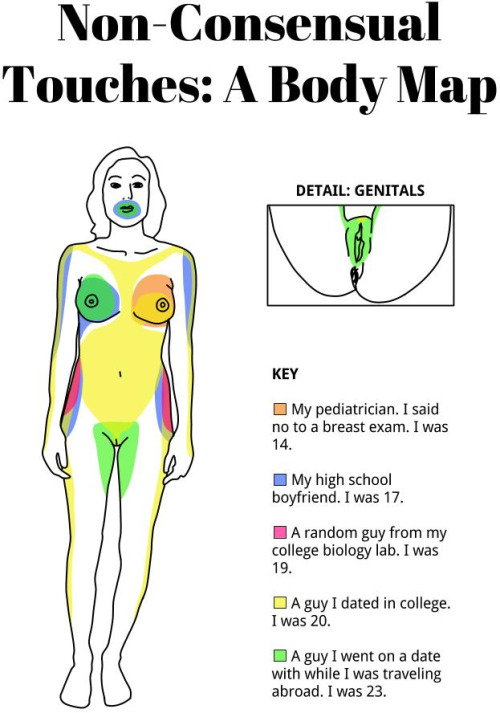|
Do you run a gay bar, arts center, school, meditation group, sex club, or other community-based business or organization? Conflict is bound to come up in community spaces, and the way that you respond to it as a leader in your community can have a big impact on the people involved, as well as the entire community. But what do you do if an allegation is made and you don't know who to believe?
Today, we lost musician Sinéad O’Connor, who is known for her hit song, Nothing Compares 2 U. O'Connor caused public outrage for speaking out against rampant sexual abuse in the Catholic church in the 90s.
4 Sexual Healing Series to Stream1/7/2023 Heads up: This post mentions sexual assault. 1. Unorthodox
Unorthodox is a miniseries about a 19-year-old woman named Esty who leaves her ultra-Orthodox Jewish community in New York and moves to Berlin. More than half of American Indian and Alaska Native women (56%) experience sexual assault. The vast majority (96%) are assaulted by a non-Native perpetrator. For centuries, colonizers / the US government have stripped Indigenous folks of power and resources — and continue to do so today. This disempowerment and exploitation makes Native folks especially vulnerable to sexual and relationship abuse (as well as poverty, health issues, pollution, and ongoing land insecurity).
In other words, the system is really fucked up and people are getting hurt. So, what can we do? The Importance of Learning to Say No5/20/2022 Heads up: This article talks about sexual assault.
“Your no makes way for your yes. Boundaries create the container within which your yes is authentic. Being able to say no makes your yes a choice.” - adrienne maree brown The word no was not a part of my sexual vocabulary for years. After traumatic experiences during which my no was not respected or I was not given the opportunity to say no before my boundaries were crossed, I didn’t see the point in saying no. Why try to voice a no when it seemed like partners weren’t listening to or caring about my preferences anyways? Always saying yes seemed easier than facing the reality that my nos had not been valued before and could be stifled again. The Pros & Woes of a Too-Tight Pussy8/22/2017 Look, I’m not trying to romanticize this crap. Pain sucks. Sometimes, when it feels like I’ve been jinxed with the ability to pee sulfuric acid, or my clitoris is in no-chill, angry-like-the-Bride-in-Kill-Bill mode, I curse whatever vengeful deity is messing with my genitals.
But as much as I’d love to completely indulge in hyper-cynicism, I have to admit that dealing with pelvic pain has, in some ways, made my life better. And yes, that includes my sex life. Grief as Self Care for Survivors2/16/2017 I was struck by this recommendation while reading Survivor Theatre Project’s email newsletter this morning. I’ve often assumed that in order to fully process trauma, a person has to have some kind of emotional breakdown, and then build themself back up (like in the movies). But what do you do when that breakdown never comes? That’s why I love what the newsletter said about the many ways that grief can look:
There is a new apparel company in Boston whose mission is to promote consent! They’re called Let’s Be Clear, and I asked the founder, Rachel Verner, a few prying questions. I don’t know about you, but whenever I find out about someone doing creative consent education in my city, I want to know more
I am a Rape Survivor, and I Like Sex.11/30/2016 I am a rape survivor, and I like sex.
And I have nightmares about my abusive ex. And I have trouble orgasming with other people. And I worry about being assaulted most days. And I think I probably have PTSD. And I love being touched. And I like casual sex (and that doesn’t have to be an “unhealthy coping mechanism”). And I like loving and being loved. And I find my body really sexy. And I get insecure about whether I’m “doing” sex right/well. And I communicate about consent, STIs, and desires (theirs and mine). And I have creative, weird, kinky, complicated fantasies. And I remind myself all of the time that my desires (and lack of desires) are valid, and that my pleasure is worthwhile! [Content notice: Rape and sexual coercion]
Last night I went on my first Tinder date, and it was horrible! On Whether or Not To Call Rape "Sex"4/4/2016 By anonymous Pleasure Pie contributor
[Content warning] I regularly see people proclaim that rape is not sex, and should not be called sex. As someone who has experienced rape, this feels unnecessarily limiting. Opening My Heart After Rape3/20/2016
By anonymous Pleasure Pie contributor
[Content Warning] 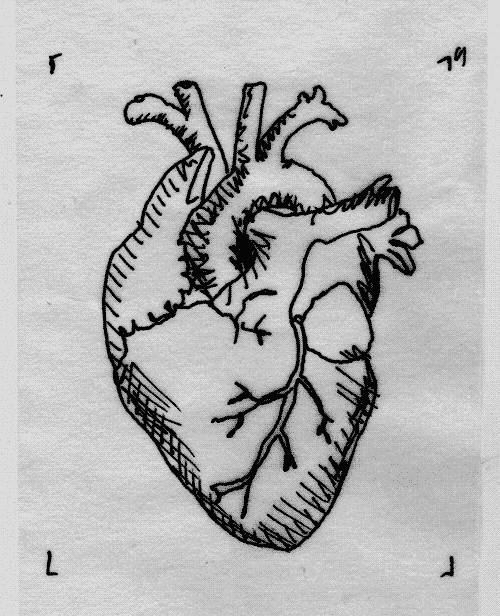
I’ve always been a very polyamorous person, long before I knew the word for it. I feel like I tend to be very open-hearted, and very trusting. When I was in high school, I participated in a group trust fall exercise, and was about a thousand times better at trust falling than anyone else in the group, to the point that I sometimes fell before my partner was even ready to catch me (they did catch me though).
When Rape Feels Familiar3/20/2016
By anonymous Pleasure Pie contributor
[Content warning] 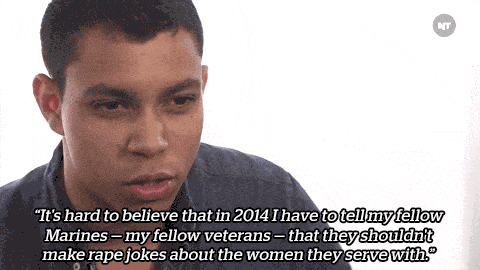
I had a dream last night that I was raped by a neighbor when I visited his house. In the dream I was fifteen years old and he was in his late 30s or early 40s.
One survivor’s reflections:
Sometimes I try to imagine what it would be like to live in a body that wasn’t repeatedly touched, fondled, and/or used without my consent. My relationship to my body has been shaped by all these experiences of people touching me against my will, since I was a kid. When I was raped at age 23, it felt weirdly unsurprising and familiar because I had experienced so much non-consensual sexual touching in my life already. I decided to make a map of my body that shows where people have touched me against my will. Why do I want to share this with the world? 1. To say, “Hey! This is what sexual assault looks like (or can look like). Recognize it! Acknowledge it!” 2. To share what has happened to me as a part of my own healing process. 3. To bring attention to the complex, confusing, and deeply internalized ways that non-consensual touching can affect a person. I am trying to reclaim my body as my own – to unlearn all of the experiences that have taught me that my body exists for other people’s whims, and to proclaim that I am the ruler of my body – the only person who gets to decide what I do with it. I have bodily autonomy and I will not give it up! One survivor’s thoughts after a rape. Names have been changed.
Dear James, I’m writing you to share my feelings about our interactions in the past couple of weeks. Some of your actions have been hurtful to me, and I thought that maybe if I put my thoughts into writing, you might be able to see where I’m coming from. When you came up to me for the first time in the market, I assumed that your interest in me was based on my body, including my whiteness. That was fine with me – my body is a part of who I am and I enjoy when people enjoy it. I wasn’t looking for anything serious, and I was totally cool with enjoying each other’s bodies, as long as I felt safe and my boundaries were respected. I had a lot of fun cuddling with you. I was really missing touching someone and being touched. You were very sexy and it felt good. But I was clear about the fact that I wasn’t comfortable with kissing you or doing anything more than cuddling. I told you that crossing that line could ruin my relationship with my boyfriend, and how sad that would make me. I wasn’t sure whether or not you enjoyed cuddling without having sex, and I didn’t want us to be doing something that was only fun for me, so I asked you. You said you liked it. I was excited to go to the bar with you, and I had a good time there. Your friends were nice and I had fun talking to them. I accidentally got drunk (I know it’s weird, but I’m sensitive to alcohol and two drinks is a lot for me) to the point where my eyes kept closing and I felt like I needed to lean against something to stay upright. I assume you noticed how drunk I was, because I’m not subtle. I also told you, “I’m really drunk; I’m trying to slow down.” This was around the time that we went to the jungle gym and you kept trying to kiss me. I kept avoiding you, but I still liked being close to you, so I didn’t move away completely. Eventually, I was too slow and you caught my lips with yours. I didn’t kiss you back at first. I think I was making it pretty clear that I didn’t want to kiss you, by telling you and avoiding your kisses. At your house, I repeatedly moved your hand away from my vagina while we were kissing and cuddling. At some point you started fingering me and I said, “No, no, stop, please don’t, let’s not do this, no” etc. until you stopped. I think you could see that I was upset by this, because when I tried to sleep on the couch, you asked me if I was okay. You eventually convinced me to come back to bed by promising over and over again that you wouldn’t go inside me again. I trusted you when you said this. Then you insisted that I let you rub your penis on my vagina. I told you that I wasn’t comfortable with that. I don’t understand why you didn’t care about whether or not I was comfortable with the things you wanted to do with my body. You promised again that you wouldn’t go inside me. Eventually I let you rub yourself on me because I wanted you to fall asleep so I could be alone, since the situation was making me uncomfortable. Your rubbed your penis against me for a little bit, and then started fucking me. Again I said, “No, no, I don’t want this, stop, let’s not do this, please stop” etc. You didn’t stop until you came. I know that you didn’t use violence against me, you didn’t force me to go to your house, you didn’t hold me down. But you did completely disregard the fact that I didn’t want to have sex with you. You ignored me when I said no. If you have sex with someone when they say no, that is rape. It can be traumatic even if it isn’t violent. I’m asking you to please be considerate of what a woman wants when you want to have sex with her. If she doesn’t want to, please stop there. Sex should be pleasurable for everyone involved. I feel violated and disrespected by the way you treated me. I am only writing you to ask you to think about the way that you treated me, and whether or not that is how you want to treat women in the future. I am not interested in contacting the police or anything like that. I don’t trust the criminal justice system and I think it often makes people worse off. I’m leaving for the US tonight and you’ll never see me again. If there is anything you want to say to me, you can contact me at [email address]. With hope, Megan |

